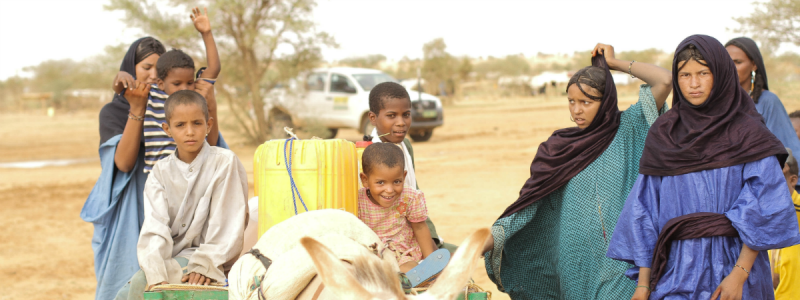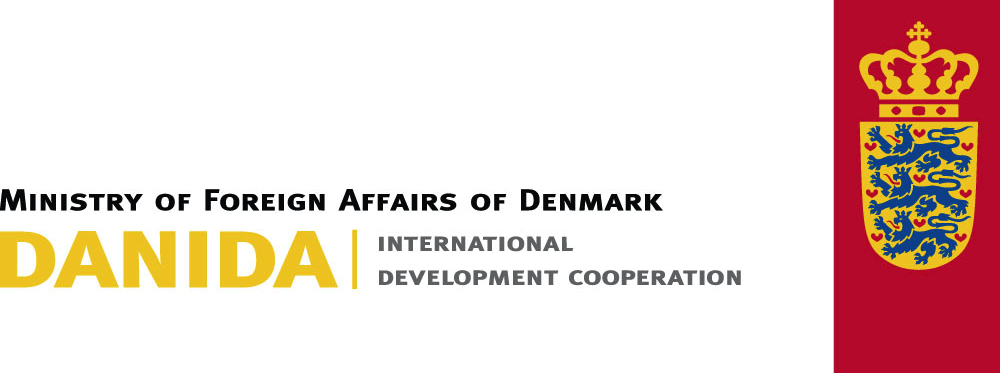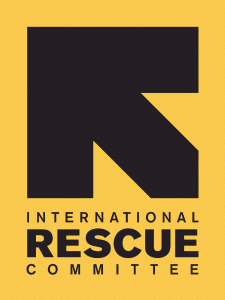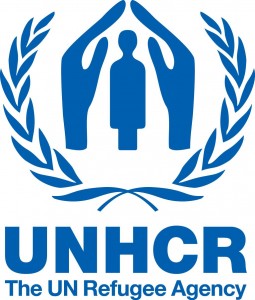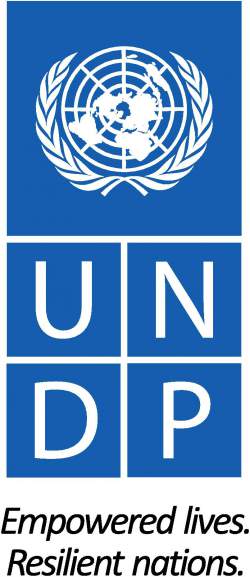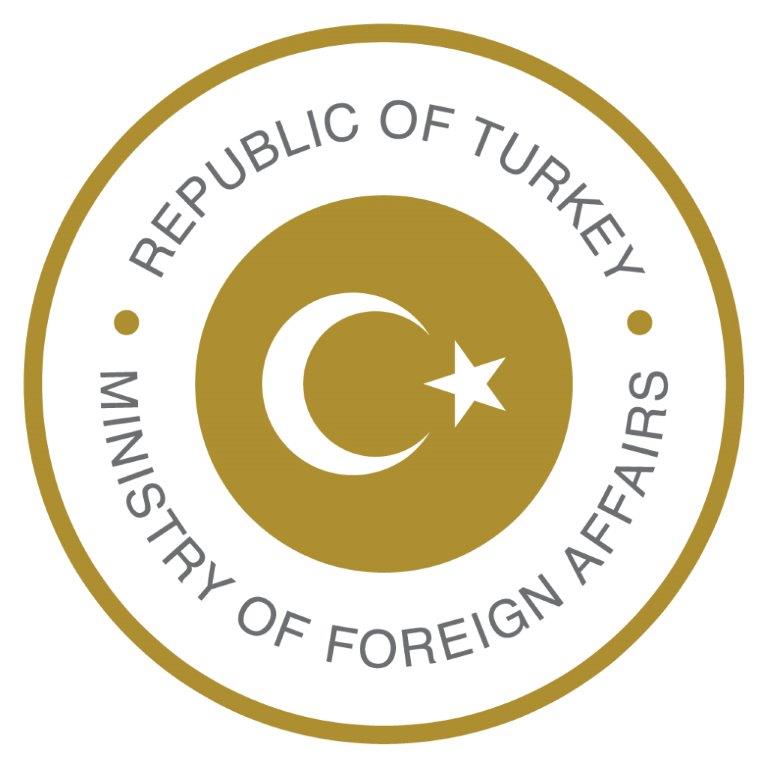About The Solutions Alliance
Mission
Our Mission: The Solutions Alliance aims to improve the lives of displaced persons – and the communities that host them – by responding more collaboratively to displacement and contributing to durable solutions.
The Solutions Alliance promotes and enables the transition for displaced persons away from dependency towards increased resilience, self-reliance, and development through the following:
- Supporting innovative solutions through concrete projects and programmes in displacement situations;
- Helping to shape the global policy agenda, including the post-2015 development agenda and the New Deal process, to recognise displacement as a development challenge as well as a humanitarian and protection issue, and to work with governments in affected countries toward the inclusion of displacement issues as a cross-cutting theme in national and local development plans; and
- Ensuring that our diverse and growing group of partners form a vibrant network that collectively maximises the impact of their individual efforts based on the Alliance's principles and objectives.
Approach
Working hand in hand with affected countries, the Solutions Alliance aims to move beyond treating forced displacement simply as a humanitarian issue and towards more holistic approaches. Partners of the Alliance work with affected countries to promote appropriate political and legal frameworks for pursuing lasting solutions for displaced people, using an evidence-based and partnership approach. This includes seeking to mainstream the response to displacement within the wider framework of local and national development plans, programs and budgets in affected countries.
The Alliance also seeks to drive a greater degree of coherence in efforts to foster a development-oriented approach to displacement. The Alliance forms a cooperative platform of actors committed to including displacement as a key part of the international development agenda, helping to inform and guide the approach of bilateral and multilateral actors in providing development support to affected governments. Committed to tangible and measurable achievements, the Alliance will endeavour to share and scale up practices that have led to lasting solutions in other displaced population operations.
Guiding Principles
The Solutions Alliance is guided by the following seven partnership and programming principles:
- Foster openness, country ownership and accountability
- Engage key stakeholders
- Adopt a purpose driven, flexible and partnership-oriented approach
- Be strategic about expected outcomes, success and sustainability
- Be context specific and evidence based
- Be data driven and results oriented
- Be prepared to engage long term
Key documents
The Governance of the Alliance
The Solutions Alliance retains a deliberately light governance structure to better allow partners ample space for developing innovative ways to work together.
At the global level, the Solutions Alliance pursues strategic and high-level policy engagement working on the basis of shared commitment across an inclusive range of actors. The Board members of the Alliance provide overall leadership and guidance, while a small Secretariat supports the work of all Alliance partners.
At the national level, the work of the Alliance is carried forward by National Groups that follow the broad principles of the Solutions Alliance while remaining sensitive to the best approaches for their context. The Alliance’s Thematic Groups offer tools and expertise to the National Groups, helping to link theoretical and practical approaches with displacement settings globally.
The Governance Framework provides more detail on the structure of the Alliance, including core tasks and responsibilities for all stakeholders in the Alliance.
Key documents
Raising Awareness
The Solutions Alliance recognises that for a real shift in the response to displacement to occur, local action needs to be coupled with global advocacy. Our partners have agreed to a shared approach on how to prevent and address protracted displacement. The Alliance seeks to generate wider support for this approach, as well as promote the inclusion of displacement issues in the development agenda, especially the inclusion of displacement issues in development plans and programmes.
History
The Solutions Alliance was established in 2014, a year that saw the beginning of the most extensive global displacement crisis since World War II. Building upon the experience and lessons from previous initiatives, such as the Brookings Process and the Transitional Solutions Initiative +, the Solutions Alliance was established to mobilise a broader range of stakeholders to work together than was previously possible.
Interest in finding a new approach to displacement can be dated back to the Refugee Aid and Development approach (RAD) in the 1980s. Other initiatives such as the Brooking Process and the Framework for Durable Solutions called for attention to be paid to “transition issues,” or linking humanitarians with development actors. This area of thinking was further strengthened through humanitarian reform and particularly the usage of the term, “Early Recovery,” and the creation of a United Nations (UN) cluster with the specific purpose of linking humanitarian practices to development goals.
The Transitional Solutions Initiative (TSI) and the UN Secretary General’s Policy Committee on Durable Solutions are programmes that have more recently pursued solutions for the displaced. At the Amsterdam Roundtable on Solutions in April 2013, participants reflected on lessons learned from previous initiatives and charted a more strategic and innovative direction for the TSI – eventually transforming into the TSI+, reflecting the coming together of the TSI and the UN Secretary General’s Decision on Durable Solutions into a single discussion forum. After the 2013 Roundtable, follow-up consultations were held in the Geneva-based Friends of the TSI+ meetings.
These follow-up discussions reinforced again the importance of including affected governments in the process and to further support an understanding that wide-ranging partnerships are needed and ought to be embedded in the way displacement is approached. The Government of Denmark committed to host a second Roundtable on Solutions to continue the momentum. UNDP, UNHCR, IRC and the governments of Denmark and Colombia emerged as Co-Chairs of the process to take discussions and plans forward. This second Roundtable culminated in the creation of the Solutions Alliance in April 2014.
Key documents
The Board
The Solutions Alliance seeks to advance a partnership-oriented approach for addressing protracted displacement situations and preventing new situations from becoming protracted. It recognises the need for a broad range of actors to work together to collaboratively explore a comprehensive approach to forced displacement. This includes humanitarian organisations, development actors, donors, academia, the private sector and civil society coming together to support affected states in the search for lasting solutions that benefit both the displaced and the communities that host them.
As such, the Solutions Alliance Governing Board members include the International Rescue Committee (IRC), the Ministry of Foreign Affairs of Denmark, the Ministry of Foreign Affairs of Turkey, UNDP, and UNHCR. During the 2016 Solutions Alliance Roundtable, UNHCR was confirmed as the 2016 Chair of the Board. The Danish Ministry of Foreign Affairs was confirmed as Vice-Chair. In March 2016, the World Bank Group accepted an invitation to join the Governing Board.
The Board of the Solutions Alliance remains a key actor in driving forward the work of the Solutions Alliance.
Secretariat
The Solutions Alliance is supported by a Secretariat that is hosted by the Danish Refugee Council in its office in Geneva, Switzerland. Established in 2015, the Secretariat facilitates the work of Solutions Alliance partners and promotes a comprehensive, local approach in contexts of forced displacement.
